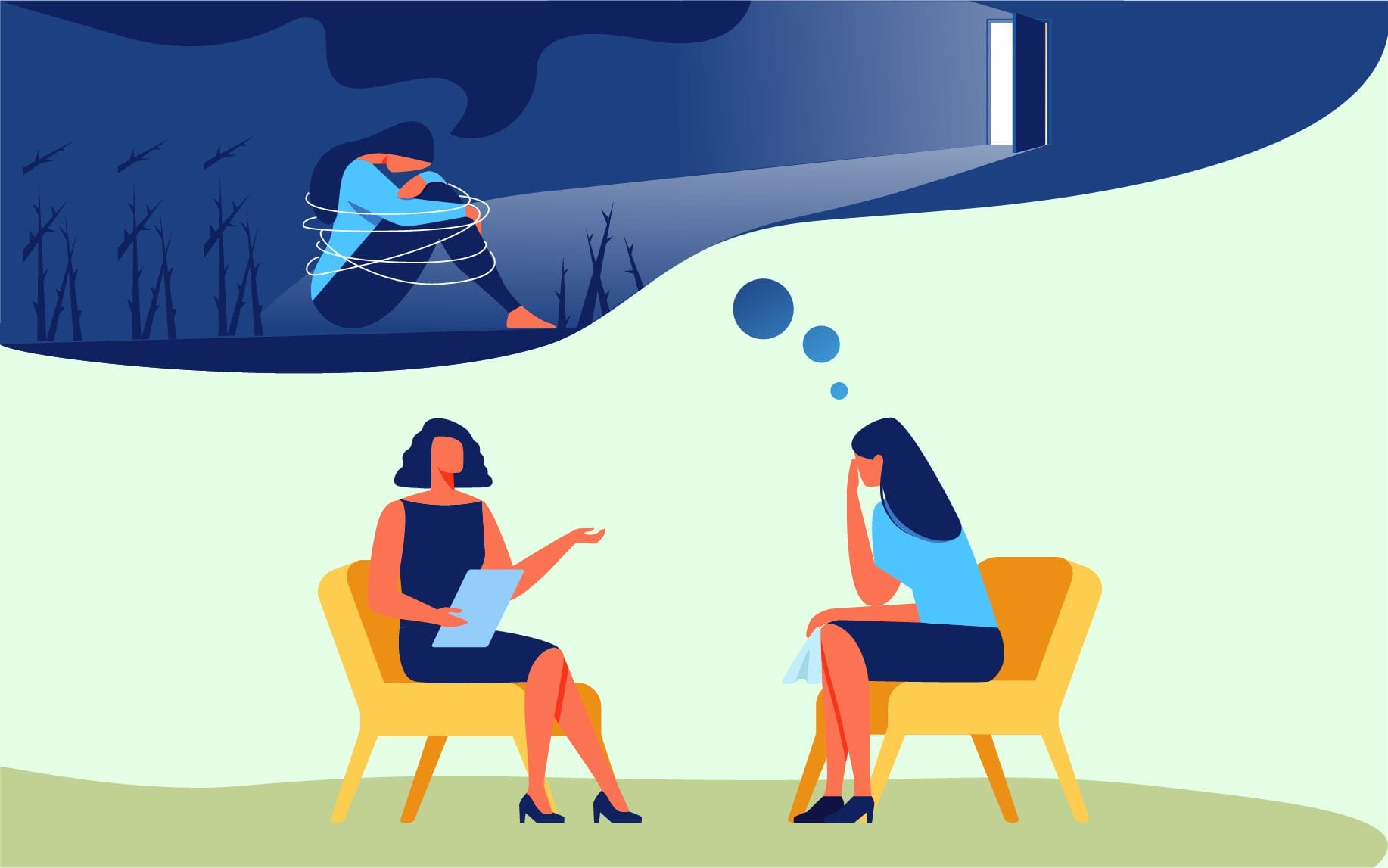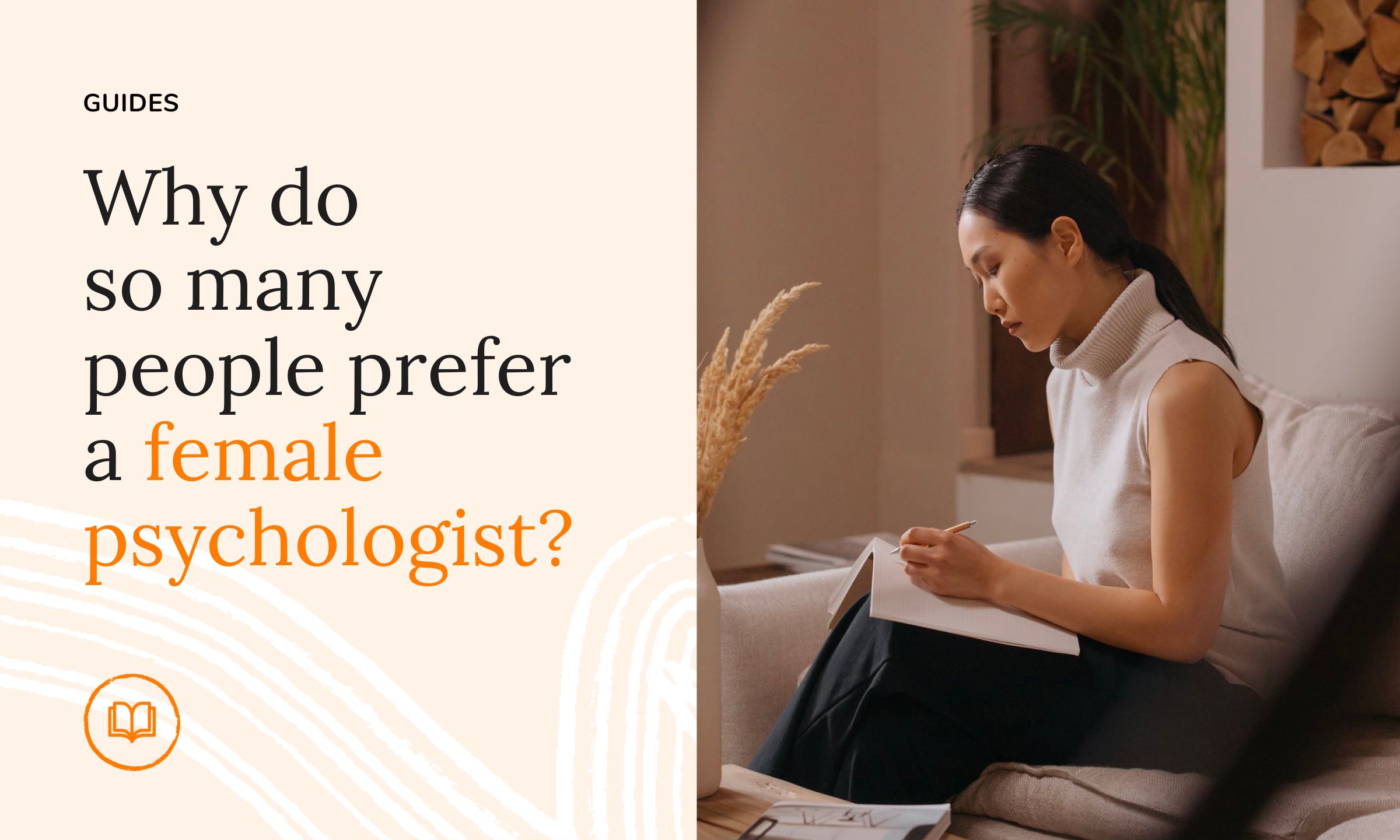Locating the Best Psychologist in Delhi: A Guide to Your Psychological Wellness Trip
Locating the Best Psychologist in Delhi: A Guide to Your Psychological Wellness Trip
Blog Article
The Function of Psych Therapy in Taking Care Of Anxiousness and Depression
Psychotherapy has actually arised as a keystone in the monitoring of anxiousness and clinical depression, supplying customized treatments that vary from Cognitive-Behavioral Therapy (CBT) to mindfulness-based strategies. These techniques not just help people in identifying and reorganizing adverse idea patterns yet additionally foster present-moment awareness, lowering the propensity to ponder.
Recognizing Anxiousness and Clinical Depression
Recognizing anxiety and depression requires a thorough appearance at these widespread mental health conditions, which frequently exist side-by-side and substantially influence a person's day-to-day life. Conversely, anxiety materializes as a pervasive feeling of vacuum, pessimism, or despair, usually accompanied by a loss of interest in formerly appreciated tasks, adjustments in cravings, and sleep disturbances.
The conjunction of anxiety and clinical depression can intensify symptoms and make complex diagnosis and treatment. Individuals struggling with both problems may experience more serious signs and symptoms, better problems in social and work-related functioning, and a much longer period of ailment. This comorbidity necessitates a nuanced understanding and strategy to therapy.
Neurobiological elements such as neurotransmitter discrepancies, hereditary predispositions, and environmental stress factors add to the growth and maintenance of these conditions. Moreover, cognitive patterns like negative attitude and maladaptive actions can perpetuate these conditions. Recognizing the intricate interaction of these factors is crucial for effective intervention. Comprehensive evaluation by mental health experts is vital to determine the existence and extent of these conditions, leading the way for tailored therapeutic strategies.
Kinds Of Psychotherapy
Psychotherapy, additionally understood as talk treatment, incorporates a range of therapy techniques created to ease signs of anxiousness and clinical depression by dealing with the underlying emotional and psychological problems. Different sorts of psychotherapy are tailored to satisfy the unique demands of people, supplying a variety of approaches to mental health care.
One extensively used form is psychodynamic therapy, which concentrates on understanding and settling unconscious conflicts stemming from early life experiences. By checking out these deep-seated concerns, individuals acquire understanding into their existing behavior and mood.
Social Treatment (IPT) is one more reliable modality that focuses on boosting interpersonal connections and function to reduce depressive symptoms. It usually resolves problems such as pain, function shifts, and interpersonal disputes.
Humanistic treatments, such as Client-Centered Treatment, emphasize individual development and self-actualization. Best Psychologist in Delhi. These strategies create a helpful setting where people can discover their feelings and develop a stronger sense of self
Finally, Dialectical Actions Therapy (DBT) combines cognitive-behavioral strategies with mindfulness practices. Initially created for borderline character disorder, DBT has been adjusted to deal with anxiousness and clinical depression by teaching skills in distress resistance, psychological law, and social efficiency.
These varied psychotherapeutic methods use multiple pathways to mental health and health, providing to healing requirements and individual preferences.
Cognitive-Behavioral Therapy (CBT)
Amongst the different psychotherapeutic modalities, Cognitive-Behavioral Treatment (CBT) stands out for its organized, ambitious strategy in dealing with anxiousness and clinical depression. Established by Aaron T. Beck in the 1960s, CBT is asserted on the principle that maladaptive reasoning patterns contribute considerably to emotional distress and behavioral issues. By determining and reorganizing these unfavorable idea patterns, CBT aims to reduce signs and symptoms and foster healthier cognitive procedures.
The treatment includes a selection of strategies, consisting of cognitive restructuring, direct exposure therapy, and behavioral activation. Cognitive restructuring concentrates on challenging and changing altered cognitions, while direct exposure therapy gradually accommodates individuals to anxiety-provoking stimuli, decreasing avoidance behaviors.
Empirical proof underscores the effectiveness of CBT, with various studies demonstrating its performance in reducing signs and symptoms of anxiety and anxiety. This healing strategy has been adapted for different populaces and setups, showing adaptable and flexible. Its structured nature, empirical support, and focus on skill procurement make CBT a foundation in click reference the psychotherapeutic treatment of anxiousness and clinical depression.
Mindfulness-Based Techniques
Mindfulness-Based Strategies have actually amassed substantial focus in recent times as effective interventions for anxiousness and depression. Rooted in old meditation practices, these methods aim to grow an increased awareness of today moment, which can help individuals disengage from the ruminative thought patterns often related to anxiousness and depressive conditions.

Likewise, Mindfulness-Based Cognitive Treatment (MBCT) incorporates principles from Cognitive-Behavioral Therapy (CBT) with mindfulness strategies. MBCT is specifically effective in protecting against relapse in individuals with frequent depression. By acknowledging early indication of depressive episodes, individuals educated in MBCT can apply mindfulness practices to alleviate the beginning of full-on episodes.
Benefits of Psychotherapy
Countless studies have demonstrated the extensive benefits of psychotherapy for people grappling with anxiety and depression. Psychiatric therapy equips individuals with coping methods to take care of stressful emotions, consequently reducing symptoms of anxiety and clinical depression.
Furthermore, psychiatric therapy supplies a structured Home Page atmosphere for self-exploration and insight. By reviewing their experiences and feelings with a trained specialist, people can uncover underlying concerns adding to their mental wellness battles. This self-awareness is an important step toward lasting recovery and durability.
One more substantial benefit is the enhancement of social abilities. Stress and anxiety and clinical depression frequently strain connections, bring about seclusion. Through therapeutic treatments, clients learn efficient interaction and conflict-resolution abilities, which can improve their interactions and foster supportive relationships.
Furthermore, psychiatric therapy provides a customized method to therapy. Specialists can adapt strategies to meet the one-of-a-kind needs of each patient, guaranteeing an individualized care plan. This customization boosts the efficiency of treatment, promoting continual psychological health and wellness improvements. Ultimately, the advantages of psychiatric therapy expand beyond sign relief, contributing to overall well-being and quality of life.

Final Thought
Psychotherapy dramatically adds to the management of stress and anxiety and anxiety by using efficient coping approaches and a secure atmosphere for self-exploration. Techniques such as Cognitive-Behavioral Treatment (CBT) and mindfulness-based approaches are important in determining and restructuring negative thought patterns, while promoting present-moment awareness. These tailored interventions not only relieve signs and symptoms however also boost psychological law and social abilities, thereby improving total well-being and high quality of life for people dealing with these psychological health difficulties.
Psychiatric therapy has actually emerged as a keystone in the management of stress and anxiety and anxiety, using tailored treatments that vary from Cognitive-Behavioral Therapy (CBT) to mindfulness-based strategies.Recognizing anxiousness and anxiety calls for a detailed appearance at these common mental health problems, which typically coexist and substantially influence an individual's day-to-day life.Among the numerous go to my blog psychotherapeutic techniques, Cognitive-Behavioral Treatment (CBT) stands out for its organized, goal-oriented method in treating anxiety and depression.Countless studies have shown the extensive advantages of psychotherapy for people grappling with anxiety and clinical depression. Psychotherapy furnishes individuals with dealing methods to take care of traumatic feelings, thereby lowering symptoms of anxiety and depression.
Report this page